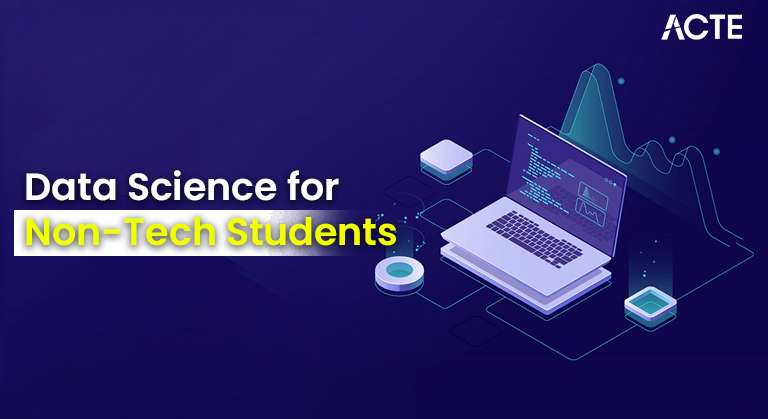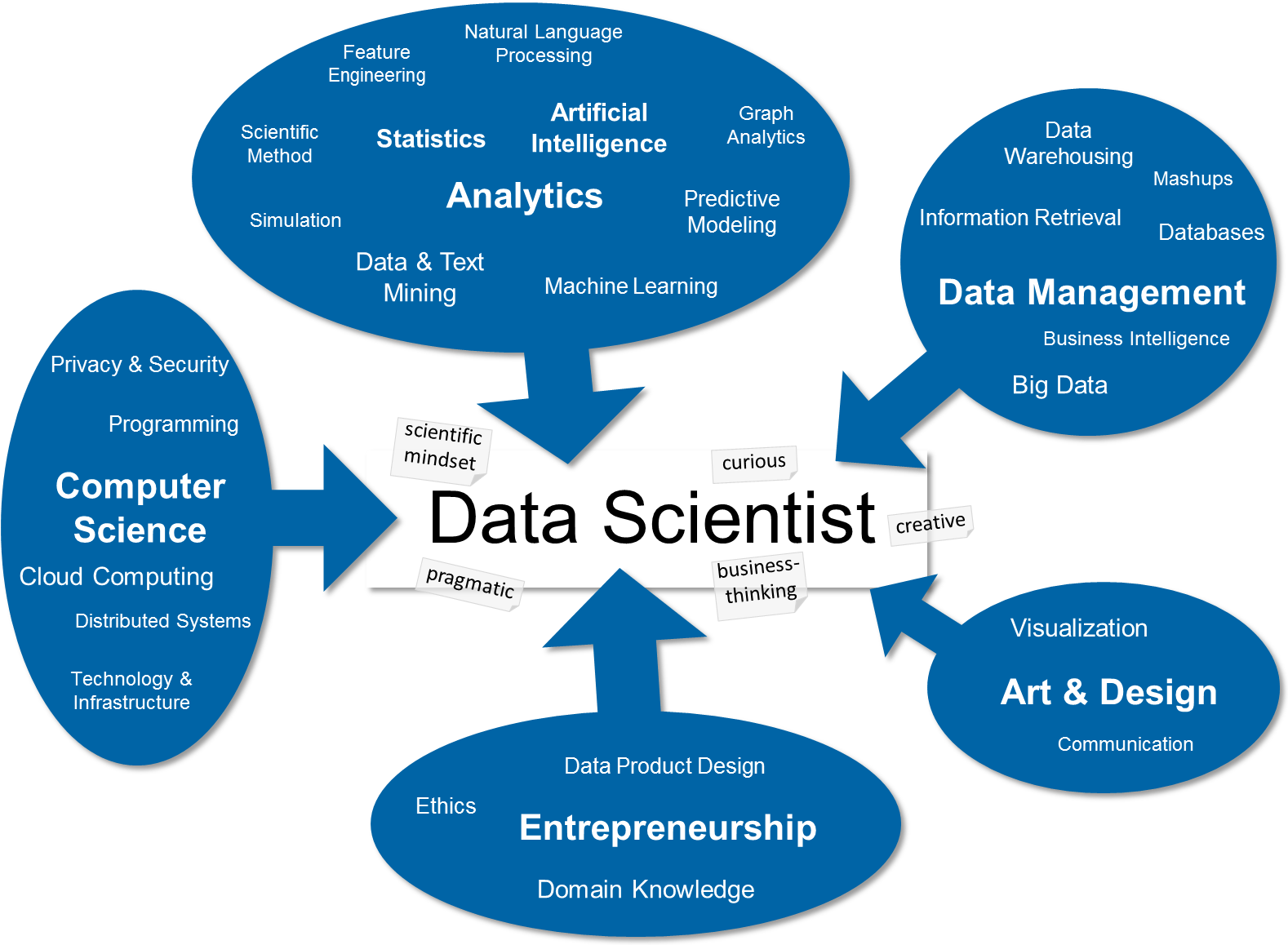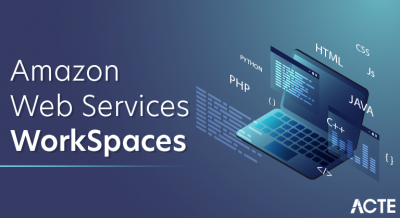
- Introduction
- What is Data Science?
- Can Non-Tech Students Pursue Data Science?
- Essential Skills for Data Science
- How Non-Tech Students Can Transition into Data Science
- Tips for Non-Tech Students Starting in Data Science
- Common Challenges and How to Overcome Them
- Conclusion
Introduction
In recent years, Data Science has emerged as one of the most in-demand and dynamic fields in the tech industry. It offers lucrative career opportunities, the ability to tackle real-world challenges, and the chance to work with innovative tools and technologies such as artificial intelligence, machine learning, and big data analytics. As a result, many students and professionals are eager to pivot into this exciting domain. But what about those from non-technical backgrounds? If you come from a field like humanities, social sciences, arts, education, or business, you might initially feel that a career in data science is out of your league. The jargon, coding, and complex algorithms can seem intimidating. However, this perception is increasingly being challenged. The truth is, data science is a multidisciplinary field, and it thrives on diverse perspectives. Your background in analyzing behavior, interpreting trends, or making strategic decisions can be a valuable asset, and with the right Data Science Training you can learn how to apply these skills using data-driven methods. Data science training will equip you with the tools and techniques to leverage your expertise, allowing you to interpret data more effectively and make informed decisions in any domain. With the right mindset, a structured learning path, and access to the right tools and resources, non-tech students can absolutely succeed in data science. Many online platforms, bootcamps, and universities now offer beginner-friendly courses that start with foundational concepts and gradually introduce programming, statistics, and machine learning in a digestible manner. This article explores the question: “Is data science for non-tech students?” Spoiler alert — the answer is a resounding yes. We’ll provide practical guidance, learning strategies, and motivational insights to help you confidently make the transition into one of the most promising and impactful careers of the 21st century.
Eager to Acquire Your Data Science Certification? View The Data Science Course Offered By ACTE Right Now!
What is Data Science?
Before delving into whether data science suits non-tech students, it’s essential to understand what it involves. Data science is the process of collecting, analyzing, and interpreting large data sets to help organizations make better decisions, predict trends, or automate tasks.
- Statistics: The analysis of data to extract meaningful patterns and insights.
- Programming: Writing code to process, clean, and analyze data (commonly using languages like Python or R).
- Machine Learning: Building models to make predictions or automate processes using Machine Learning Techniques is a crucial aspect of data science. These techniques help improve the accuracy of predictions and enable automation of complex tasks, enhancing the overall value of data-driven decisions.
- Domain Knowledge: Understanding the industry you’re working in to make data-driven decisions.
Given its interdisciplinary nature, data science involves technical skills, critical thinking, problem-solving, and creativity—skills that non-tech students may already possess.
Can Non-Tech Students Pursue Data Science?
> Absolutely! While data science does have a technical side, it is not entirely exclusive to those with computer science, engineering, or math backgrounds. Many non-tech students can bring unique perspectives and strengths to the field. Some reasons why data science is accessible to non-tech students include:
- Cross-Disciplinary Nature: Data science applies to nearly every industry, including healthcare, finance, marketing, education, and more. Non-tech students with expertise in these domains may find themselves well-positioned to apply data science techniques in their areas of interest.
- Growing Accessibility of Tools: With the development of user-friendly tools, programming libraries, and online platforms (like Jupyter Notebooks or Google Colab), much of the complexity of Data Analysis can be handled without extensive technical knowledge.
- Statistics and Analytical Thinking: Many non-tech students, especially those from fields like economics, psychology, or business, already possess statistical and analytical thinking skills that are essential for data science. These skills are transferable and highly valuable.

Essential Skills for Data Science
To break into data science, there are a few core skills that you’ll need to develop. While technical expertise is important, many of these skills are accessible to non-tech students who are willing to learn. First, statistical knowledge is essential understanding concepts like probability, hypothesis testing, regression analysis, and distributions is critical. Even without a deep math background, basic statistics can be learned through online resources. Next is programming, particularly in Python or R. Python Programming is widely used in data science for its simplicity and readability, while R is favored for statistical analysis. Numerous beginner-friendly tutorials are available to help you get started. Another crucial skill is data manipulation and cleaning, as real-world data is often messy. Learning tools like Pandas in Python can make handling and organizing data much easier. In addition, understanding the basics of machine learning such as linear regression, decision trees, and clustering will provide a strong foundation for more advanced analysis. Lastly, data visualization is a key part of communicating insights effectively. Tools like Matplotlib and Seaborn in Python, or ggplot2 in R, can help you create visuals that tell compelling stories with your data.
Excited to Obtaining Your Data Science Certificate? View The Data Science Training Offered By ACTE Right Now!
How Non-Tech Students Can Transition into Data Science
Transitioning into data science as a non-tech student may seem daunting, but it’s possible with the right strategy. Here are some actionable steps you can take:
- Leverage Your Existing Domain Knowledge: If you have a background in business, healthcare, or social sciences, you already understand the challenges and questions that data science can address in these fields. Use this domain expertise to guide your learning process and apply data science in your area of knowledge.
- Start Learning the Fundamentals: Learn the basics of statistics, programming (preferably Python), and data analysis. Plenty of free resources, such as MOOCs (Massive Open Online Courses), YouTube tutorials, and books, are beginner-friendly and designed for non-tech students.
- Use Online Platforms and Tools: Platforms like Kaggle (which provides Data Science challenges and datasets), Google Colab, and Jupyter Notebooks can help you get hands-on experience. These tools often require little setup and can be accessed through your browser.
- Enroll in a Data Science Bootcamp or Course: Numerous boot camps and online programs are specifically designed for non-technical students who want to break into data science. These programs usually start with foundational skills and gradually build to more advanced topics.
- Work on Projects: The best way to solidify your learning is through hands-on practice. Try to work on real-world data science projects that align with your interests. This will help you understand the process end-to-end—from data collection and cleaning to analysis and visualization.
Interested in Pursuing Data Science Master’s Program? Enroll For Data Science Master Course Today!
Tips for Non-Tech Students Starting in Data Science
Starting small and staying consistent is key when beginning your data science journey, especially for non-tech students. The field can seem overwhelming due to its vast scope and technical nature, so it’s important to focus on learning one concept at a time and developing a regular, structured study habit. Dedicate time each day to practice, explore new ideas, and reinforce what you’ve learned through repetition and real-world application. Building a strong portfolio is equally important this collection of personal or collaborative projects showcases your growing skills and passion to potential employers and academic mentors. Use platforms like GitHub or personal blogs to display your work, ranging from basic data cleaning and exploratory data analysis to more advanced machine learning models and data visualization dashboards. By showcasing your projects and the skills you’ve gained through Data science Training, you can demonstrate your expertise and attract potential employers or collaborators.
Remember, data science is ultimately about solving meaningful problems, not just writing code. Adopt a problem-solving mindset by thinking critically about how data can uncover patterns, drive decisions, and create real-world impact across different domains. Try to approach projects with curiosity, creativity, and a willingness to experiment. Lastly, don’t underestimate the power of community and collaboration. Join online forums and learning groups on platforms like Reddit, LinkedIn, or Kaggle, where thousands of data science learners and professionals share their experiences, challenges, and solutions. Networking with others can provide support, boost motivation, help you stay on track, and expose you to new tools and trends in the ever-evolving data science landscape.

Common Challenges and How to Overcome Them
Non-tech students may face particular challenges when transitioning into data science:
Overcoming the Technical Barrier:
If you’re unfamiliar with programming or statistics, the technical aspects of data science are intimidating. Start by breaking down complex topics into smaller, digestible parts, and don’t be afraid to ask for help from the community or mentors.
Preparing for a Data Science Job Interview? Check Out Our Blog on Data Science Interview Questions & Answer
Understanding Math and Algorithms:
While advanced math isn’t always necessary in data science, a basic understanding of linear algebra, calculus, and probability can help. Take online courses or use YouTube channels that teach these topics more accessible.
Imposter Syndrome:
It’s natural to feel out of your depth when starting something new, especially in a field as complex as data science. Keep in mind that learning takes time, and persistence is key. Embrace challenges as opportunities to grow.
Conclusion
Data science is not reserved for tech students alone. With the right mindset, persistence, and resources, non-tech students can transition into data science and build successful careers. The key is approaching the learning process with a structured plan, leveraging your domain expertise, and developing the necessary technical skills over time. Whether you’re coming from business, economics, psychology, or any other non-technical field, data science offers exciting opportunities to make an impact. With the right Data Science Training, you can harness the power of data to drive decisions and create meaningful change in your field, turning your expertise into actionable insights. Remember to start small, work on hands-on projects, and stay consistent in your learning journey. The world of data science is full of potential; with determination, you can unlock it, regardless of your background. Many successful data scientists today began their journey without any prior coding experience. Soft skills like critical thinking, communication, and domain knowledge are equally valuable in this field. Don’t be afraid to make mistakes each one is a stepping stone toward growth. Surround yourself with a supportive learning community to stay motivated and inspired.


